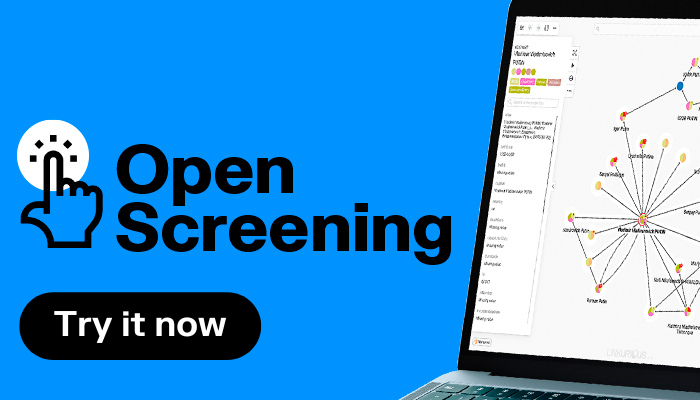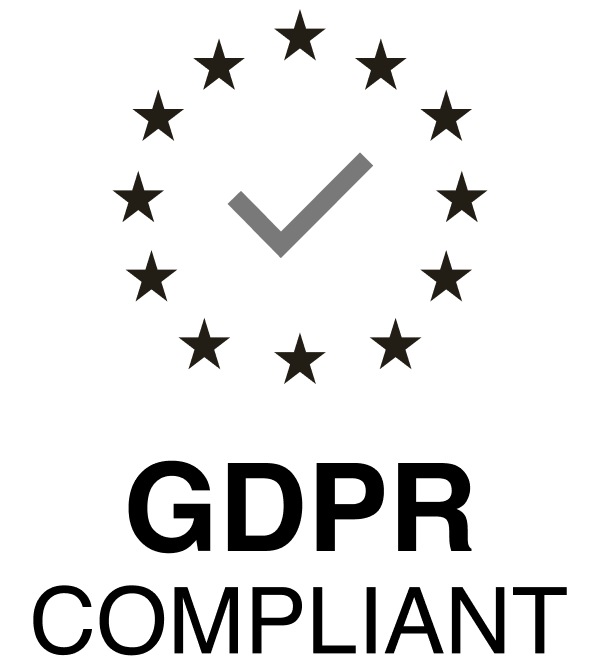Sanctions and ownership data transparency: interview with Stephen Abbott Pugh and Friedrich Lindenberg
Sanctions and ownership data is a hot topic for anyone investigating money flows, whether they’re working in banking compliance or as a journalist peering under the hood of the global financial system. Historically it’s been challenging to sift through this kind of data, which comes from many different sources that all format their data in different ways.
In episode 3 of Keeping Curious, we interviewed Stephen Abbott Pugh, Head of Technology at Open Ownership, and Friedrich Lindenberg, founder of OpenSanctions to get their insights into the challenges around sanctions and ownership data, and their work towards better data transparency.
Both Friedrich Lindenberg and Stephen Abbott Pugh are from organizations working towards better transparency in sanctions and ownership data. OpenSanctions brings together an international database of sanctions lists and lists of politically exposed persons (PEPs), and converts those into a well-defined format for easy use and integration.
Open Ownership has developed the Open Ownership Register, combining high-quality structured data from across jurisdictions to follow ownership chains wherever they lead. They’ve also developed the Beneficial Ownership Data Standard, the world’s leading open standard for beneficial ownership data.
Watch the replay of Keeping Curious Episode 3:
Stephen Abbot Pugh and Friedrich Lidenberg also answered some additional questions for extra context following the live Keeping Curious episode.
There’s been some momentum around beneficial ownership transparency in places around the world. Do you see this as a trend, and what does it mean for global financial transparency?
Stephen Abbott Pugh: More than 120 countries have now committed to beneficial ownership transparency over the past decade, following many high level reports and investigations highlighting the dangers of opaque corporate ownership. This is a welcome trend but countries still have a long way to go in terms of implementation of these commitments and ensuring that the information collected is adequate, accurate and up-to-date.
Increasingly it is understood that beneficial ownership information can be useful in terms of enforcing sanctions, monitoring corruption risks in key industries and mitigating national security risks. Going forward I hope to see better quality data being collected, exchanged and used by governments to keep pace and to help tackle illicit financial flows.
We’ve seen sanctions coming out at a rapid pace in the context of Russia’s war on Ukraine. How challenging has it been for your organization to keep up with those sanctions?
Friedrich Lindenberg: The current pace of development is challenging for everyone: the people drafting the sanctions, those tasked with supervising their implementation, but of course mainly the compliance officers in companies that need to make sure they're keeping their screening approaches up to speed. We've been pragmatic in this by implementing data imports for "early warning" lists: the list published by the Ukrainian anti-corruption office, and by the Anti-Corruption Foundation, and others. Those lists often name individuals and companies that will show up in the big national lists a few weeks or months early. That way, companies can get an early warning that there may be exposure, before they actually run into a sanctions issue that needs to be dealt with urgently.
Can you talk about the Beneficial Ownership Data Standard? What is it and why is it important?
Stephen Abbott Pugh: The Beneficial Ownership Data Standard is the world's leading open standard for collecting, sharing and using high-quality data on beneficial ownership. It is developed by Open Ownership in partnership with Open Data Services.
Information about how people own or control companies and other entities can be complicated and complex chains often involve a number of jurisdictions. For this reason, the Beneficial Ownership Data Standard has a data model which breaks down information into statements about people, entities and the relationships between people and entities. This means that any beneficial ownership information from the simplest structures to the most complex chains involving hundreds of entities and people can still be represented as high-quality data to make it easier to use and combine across national borders. Producing beneficial ownership information in line with such a standard produces structured and interoperable data which can then help implementers to realise more benefits.
Linkurious has a lot of clients using our graph visualization and analytics solution to look at ownership, or to look for PEPs or sanctioned entities. How do you perceive the value of graph technology in getting to the bottom of the kinds of data your organizations work with?
Friedrich Lindenberg: I think there's two cool outcomes from applying graph technology to this sort of data. One is you get a visual way to explore it, and see how people and companies are connected. This is great for doing manual research and for vetting an entity. The other one is more quantitative: doing queries that match for graph patterns. These could be investigative questions, like "show me all the politicians who directly or indirectly connect to a company involved in government procurement", or more subtle questions like "show me all the companies where a director is also the director of a sanctioned company". These sorts of queries help to generate sets of leads that an analyst can then review pro-actively, helping find traces of illicit behaviour that may need to be addressed.
Stephen Abbott Pugh: At Open Ownership, we work with implementers to publish their full national beneficial ownership datasets in line with our Beneficial Ownership Data Standard to ensure that more and higher-quality BO data is available to stakeholders in governments, companies, and civil society. This means that we collect and republish large datasets featuring millions of beneficial owners and companies. Using graph technology like the platform provided by Linkurious allows us to run more complex queries to gain insights from these datasets and to identify links or patterns which would otherwise go undetected.
Keeping the dirty money of corrupt politicians and their networks out of the financial system and identifying high risk customers are critical to ensure compliance and mitigate risks. OpenScreening is a free tool that gives you a new way to search, visualize, and analyze millions of open data records in one single interface. It combines open data sets for PEPs and sanctions from OpenSanctions, as well as for ultimate beneficial owners (UBOs) from Open Ownership.
Quickly search, visualize, and explore the data in an intuitive investigation interface powered by cutting edge graph technology to gain new insights. Start exploring OpenScreening here.
A spotlight on graph technology directly in your inbox.


